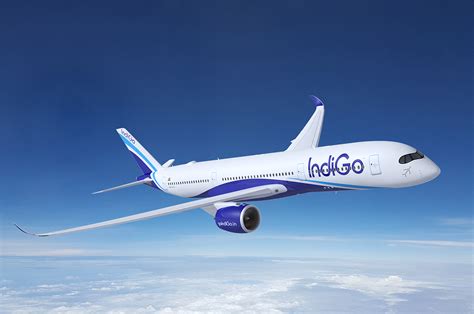
76176637 3163520383721961 1801077987068608512 n
African airlines are gradually recovering from the COVID-19 pandemic as the continent’s capacity in February has reached 64 percent compared to the same month in 2019. This is actually heartwarming for the airlines that have had to struggle to wriggle out of the difficulty that not only stunted their growth but one that elicited gloom. February capacity in Africa back to 64 percent.
Airline revenues remained low with many operators battling with cash-flow issues. The full-year revenue loss for 2022 is estimated at $4.9 billion, equivalent to 28.2 percent of the 2019 revenues. In 2021, African airlines cumulatively lost $8.6 billion in revenues due to the impact of the pandemic, representing 49.8 percent of 2019 revenue, according to the African Airline Association (AFRAA). The trade association of airlines from the member states of the African Union offered a February update on African airlines’ performance.
Improved capacity
AFRAA says that traffic for February was 49.6 percent compared to 2019 levels. The breakdown shows that the domestic market maintained the biggest share for capacity deployed through traffic share saw a small dip. Domestic demand at 45.3 percent outperformed intra-Africa and intercontinental, which remained subdued at 31.2 percent for intra-Africa and 23.5 percent for intercontinental. On the actual number of passenger seats offered, domestic, intra-Africa, and intercontinental accounted for 49.4, 24.7, and 26 percent respectively.
The Intra-African connectivity reached 76 percent of the pre-Covid level in January 2022 and is forecast to fall to 72 percent in February because of the closure of some routes. The connectivity decreased in West African airports (Felix Houphouet-Boigny International Airport (Abidjan), Murtala Muhammed International Airport (Lagos), Leopold Sédar Senghor International Airport (Dakar), and Lomé–Tokoin Airport.) due to the political situation in Mali that was banned by the Economic Community of West African States (ECOWAS)
Vigilance
AFRAA said the number of people infected by the Omicron variant continues to increase and has resulted in World Health Organization (WHO) urging countries to remain vigilant as they continue to monitor and report sequences. Globally, the number of cases has reached 426 million and 11.5 million in Africa as of February.
The air travel industry continues to experience strict travel advisories, insistence on full vaccination before travel, forceful vaccination at ports of arrival, repatriation of passengers not meeting entry travel requirements, and quarantine of passengers at their own cost including some other unusual measures being enforced by some governments. IATA identified similar problems in an outlook last October.
Four African airlines continue their international routes expansion and by end of the year, 2021 had exceeded the number of international routes operated pre-Covid-19. Eleven other African airlines also either re-open routes or launched new international routes. As of the end of January 2022, African airlines had reinstated approximately 78.7 percent of their pre-Covid-19 international routes, though frequencies remained low.
Depressed traffic
Across Africa in general, passenger traffic volumes remained depressed in February due to the unilateral and uncoordinated travel health restrictions imposed by some governments following the outbreak of the Omicron variant.
The African aviation body said the air travel industry continues to experience strict travel advisories, insistence on full vaccination before travel, forceful vaccination at ports of arrival, repatriation of passengers not meeting entry travel requirements, and quarantine of passengers at own cost, including some other unusual measures being enforced by some governments.
Views: 0



